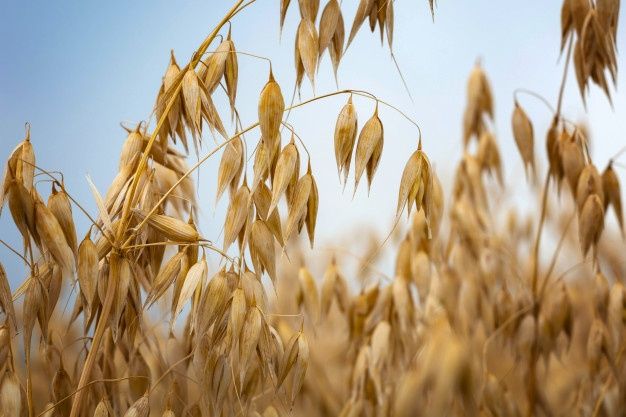Growing oats: basic rules for a bountiful harvest.
Growing oats is a promising business, because now the number of sown areas under it is increasing. Mostly grown food oats, from which they make baby food and breakfast cereals. But to get a rich harvest, you need to know about certain rules. Next, you will learn about 10 tips for successful oat cultivation, which increase the yield of the crop.

Growing Mizez oats
Crop rotation rule
In oats is a tendency to be infected by cyst-forming nematodes, although it itself has a health-promoting effect. Therefore, pauses of 5 years should be made between sowing this crop to reduce the risk of nematode infestation of other plants.
Correct choice of terrain
The culture requires a lot of moisture – especially during the period of sprouting. At the same time, heat should be avoided, because temperatures above 30 degrees will significantly reduce yields. Therefore, arid areas and regions where the beginning of summer is sultry will not be suitable for growing oats.
Avoid Shiritsa
Shiritsa or amaranth is a plant with which growing oats is incompatible. There is a small selection of preparations available to control this plant, but it quickly develops resistance to them as well. Another consequence is that the root system of oats can be damaged. Therefore, before sowing the field, it is necessary to completely destroy the shieldwort.
Early sowing time
The earlier you sow your oats, the greater the yield and the better the quality. You can do this even when there is a surface freezing of the soil. The main thing is that during sowing it is compacted by the wheels of machinery. Therefore, the pressure in the tires should be in the range of 0.5-0.8 bar.
Sowing density
Oats can not be sown too densely, because its quality is determined by the main shoot. If the ladders are very close together, many unproductive shoots appear. As a result – the main one does not receive the necessary amount of moisture and nutrients. In addition, it is more advisable to choose deep sowing.
Proper fertilization
Spring oats have an increased need for nutrition. It can be potassium, magnesium, phosphorus – but only if there is a real need for it. Before you do foliar feeding, you need to determine by analyzing the leaves whether it is appropriate.
Nitrogen balance
Lack of this element or its excess negatively affects the condition of plants. You can determine the need for fertilization by fertilizing a small area with 30% less nitrogen than usual. If the plants turned light very early, then there is a lack of nitrogen. Fertilizer should be applied in the 31 or 32 phase of development of the culture.
Use of growth regulators
The use of these preparations should be moderate, because its large dose will negatively affect the plants. Therefore, growth regulators should be used only when necessary, coordinating the process with the customer.
Use of fungicides
As a rule, these preparations for growing oats are not necessary. However, if there are lesions with rust or powdery mildew, it is necessary to treat the crops. It is necessary to use about 50-70% of the amount that is recommended for a strong defeat. This will avoid delaying the maturation of the ear.
Pest control
Pjavka can appear on the plant in dry years, during the period of panicle growth. It is necessary to carefully check the crops during this period – and if there is a pest, apply preparations of the peretroide group. Oats also suffer from aphid infestation, which at a late stage can reduce yield. Therefore, it is important to carry out timely treatment to destroy the pest. But, if oats grow in an area that is located on an elevation, this situation is rare.

